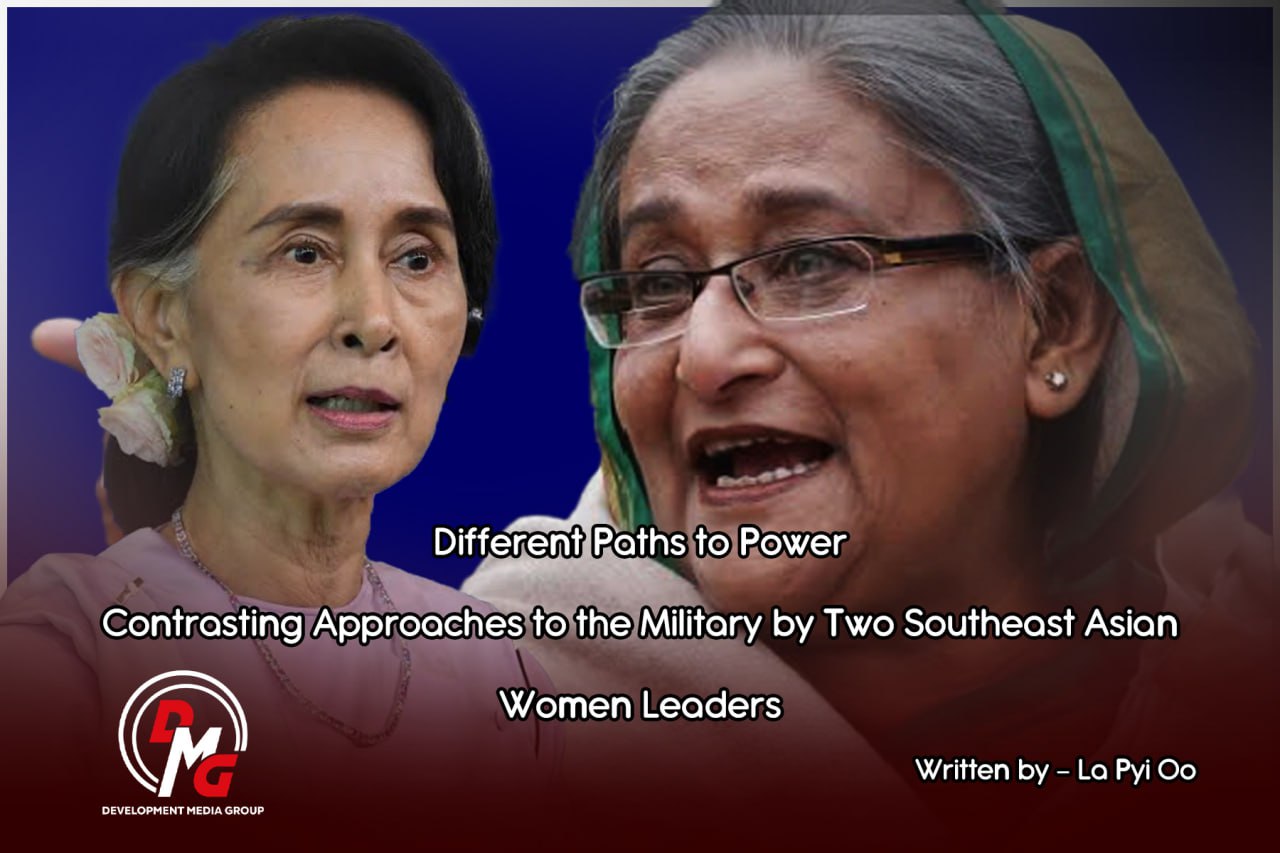- Weekly Highlights from Arakan State (Jan 26 to Feb 1, 2026)
- Arakanese youth stabbed in Mae Sot urgently needs financial aid for medical treatment
- Five years on Myanmar faces uncertain military and political outlook after coup
- Myanmar Navy detains Pauktaw fishermen and demands ransom
- Junta Airstrikes on Arakan and the Consequences for Independent Media
Editorial: Who is responsible for protecting the lives and property of Arakan’s people?
From the time of independence to the time of the current military coup junta, many Burmese leaders have failed to show goodwill toward Arakan State and the Arakanese people. Successive leaders have exploited Arakan State, and Arakan State has been paid only as part of the Union. Ethnic groups continue to suffer from inequalities in state and divisional budget allocations.
12 Apr 2022

Arakan State and the Arakanese people have lived in their own region and preserved traditional cultures for thousands of years. Arakan State, which flourished in centuries past, is now in a state of disrepair.
Since the fall of the Arakanese monarchy in 1784, Arakan State has been embroiled in a revolutionary process and has never experienced the taste of independence. Although Myanmar regained independence from British rule in 1948, ethnic groups including the Arakanese people have been living under a form of colonial-esque rule, whether under Burmese political or military leaders, for more than 70 years.
From the time of independence to the time of the current military coup junta, many Burmese leaders have failed to show goodwill toward Arakan State and the Arakanese people. Successive leaders have exploited Arakan State, and Arakan State has been paid only as part of the Union. Ethnic groups continue to suffer from inequalities in state and divisional budget allocations.
The Arakan revolution started when the Arakanese monarchy was overthrown, and is ongoing. Many armed groups have been based in Arakan State since Myanmar’s independence. The Arakan National Liberation Party (ANLP), Community Party of Arakan (CPA), Arakan Independence Organization (AIO), Arakan Liberation Party (ALP), National United Party of Arakan (NUPA), Rakhine Nationalities Development Party (RNDP), Arakan National Council (ANC) and the United League of Arakan (ULA) are all Arakanese armed groups that have fought to regain the lost rights of their people in modern Arakan history.
Today, only the ALP, ANC and ULA remain, and the United League of Arakan/Arakan Army (ULA/AA) is the strongest organisation based in Arakan State. The Arakanese people have suffered under the oppression of successive military dictators including under the powerful State Peace and Development Council (SPDC) junta dominated by Senior General Than Shwe, and General Ne Win’s dictatorial regime before that. You may have noticed the Arakanese people’s widespread support for the emerging Arakanese revolutionary movement because of these hardships.
Corruption, meanwhile, has made it difficult for civil servants under the current regime to gain the trust of the public. Most people in Arakan State are finding it rare to file a case at the police station, especially as the General Administration Department, police and judiciary are unnecessarily delaying trials and bungling investigations.
The ULA/AA, which established itself in Arakan State in 2015 and fought fiercely with the Myanmar military from 2018-2020, is now active in all parts of Arakan State, and the people are increasingly relying on the ULA’s Arakan People’s Authority for justice. However, many Arakanese people’s willingness to lay down even their lives for the Arakan State is being shaken due to the failings of officials at grassroots levels of the ULA/AA. If these concerns are not nipped in the bud, larger issues could arise, including a crisis of confidence in the ULA/AA’s alternative governance.
While the ULA/AA is still in the process of building the administration, it will inevitably make mistakes. And when mistakes are made, mitigation is key.
Just as any structure must be strong from the bottom up, any strong organisation gains its strength from the grassroots on up. In some parts of Arakan State, questionable actions by the Arakan People’s Authority are being reported and need to be addressed before public trust and goodwill wavers at the grassroots level.
At present, the Arakanese people cannot rely on the military council that has seized power in Myanmar. If Arakan State’s people cannot rely on the ULA/AA, which has the strong support of most of its people, who then can they rely on? Who has the responsibility to protect the lives and property of the Arakanese people?
DMG urges all those who claim responsibility for protecting Arakan State’s people to ensure that the people’s rights are valued and respected, the rule of law prevails, and justice is honoured.





.jpg)














